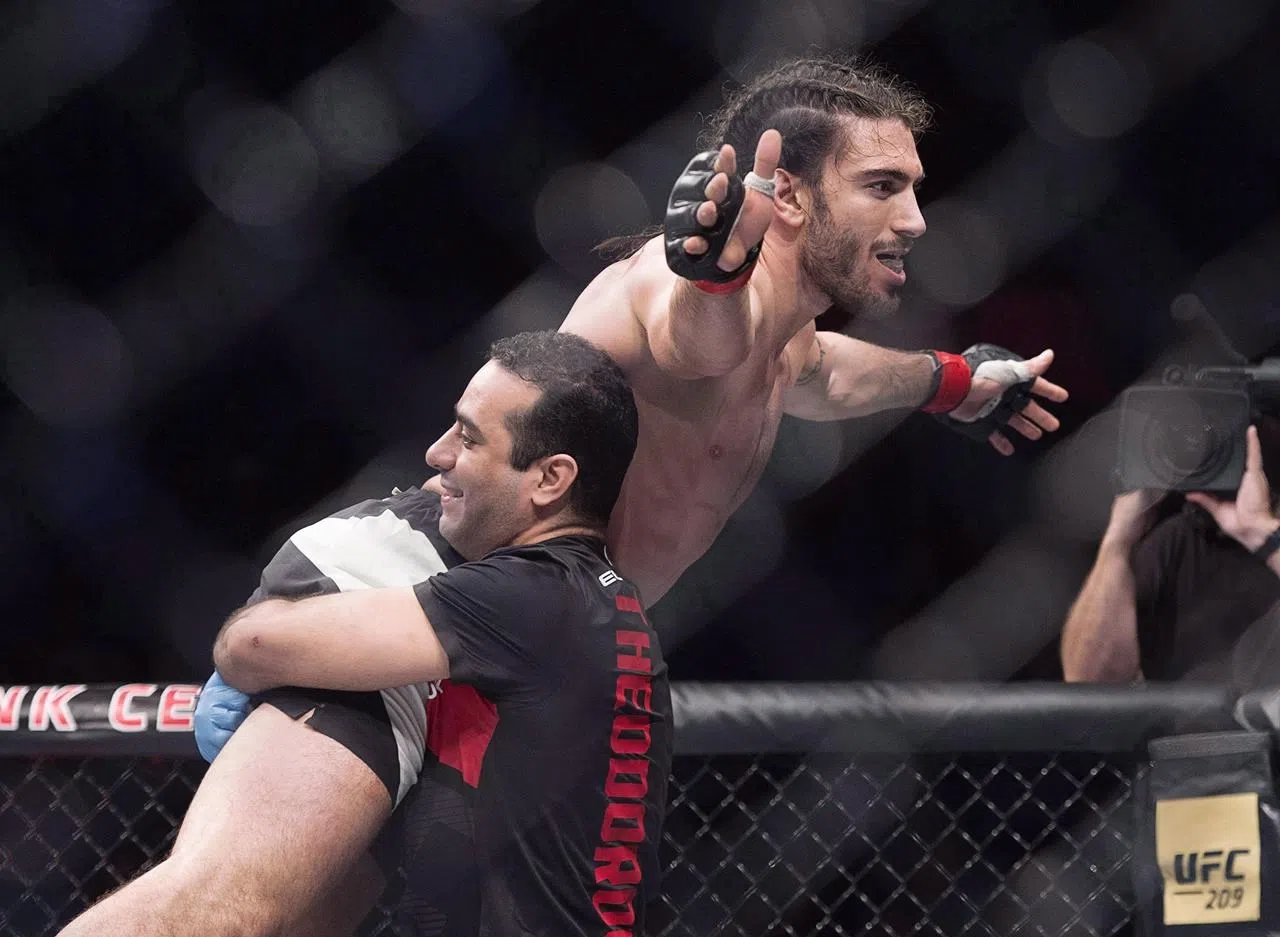
UFC executive says cannabis a popular talking point among MMA fighters
TORONTO — While cannabis is not even tested for out of competition, UFC vice-president Jeff Novitzky says it’s a constant topic of conversation in his world.
UFC fighters want to know when they should stop using it before their fights to ensure they don’t exceed the limit allowed when it is tested for around their bout.
“It’s probably the most-asked question that I get among our roster of fighters,” said Novitzky, a former federal agent for the U.S. Food and Drug Administration who is now the UFC’s vice-president of athlete health and performance. “‘If I’m a regular user of marijuana, how long do I discontinue (use) before my competition to ensure I’m under the (allowed) 150 nanograms (per millilitre)?’”
“And that is one of the toughest questions I have to answer. I really don’t have a good answer for anybody because each individual varies in terms of how they metabolize things in our systems.”


